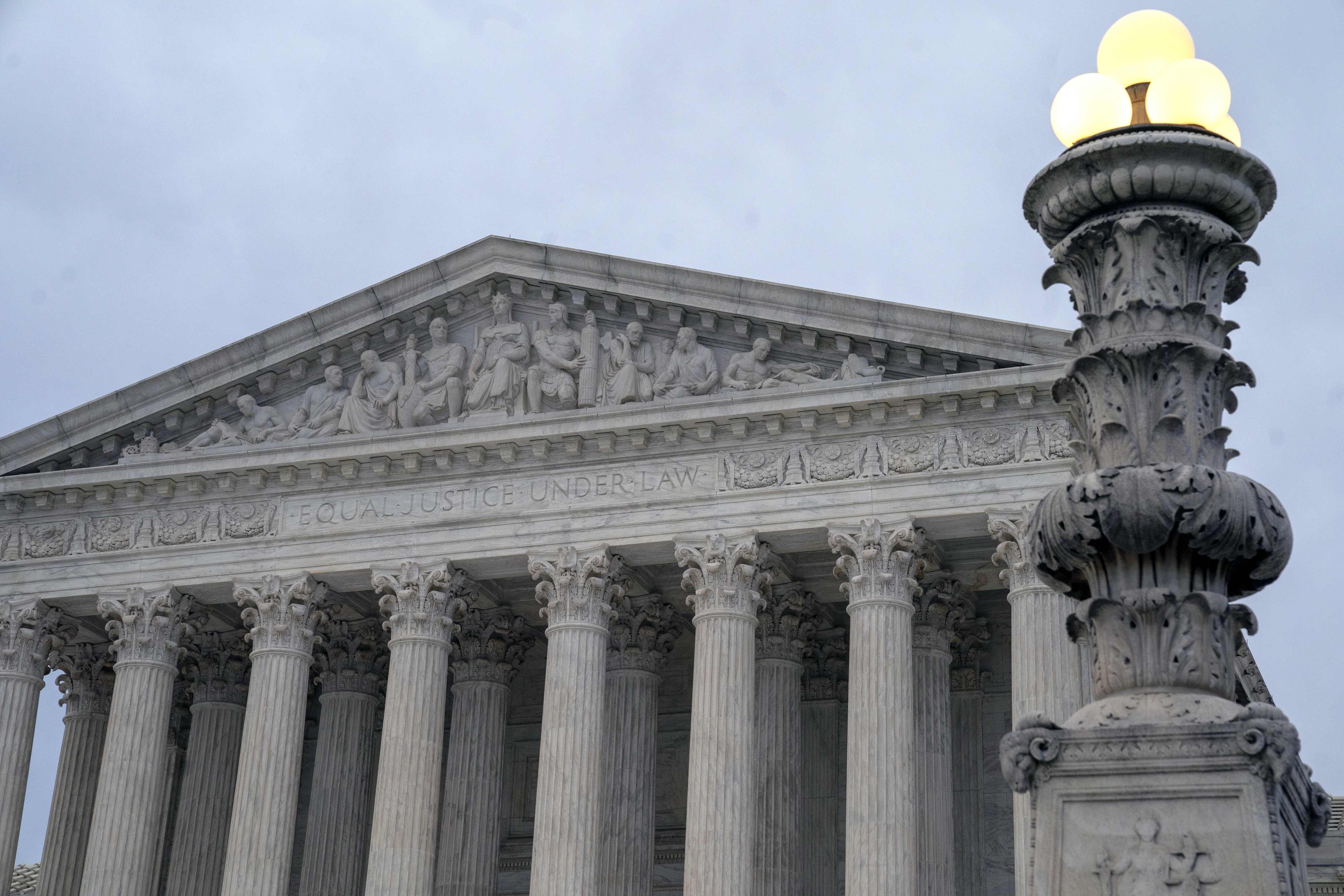
A federal judge in Maryland is allowing dozens of Muslim plaintiffs to move ahead with a lawsuit against Attorney General William Barr and other federal officials challenging the constitutionality of the government’s watchlist of people identified as “known or suspected terrorists.”
Government lawyers had asked U.S. District Judge Paula Xinis in Greenbelt to toss out the lawsuit. But in a 65-page ruling issued Monday, she allowed it to proceed.
It was not a total victory for the plaintiffs, though: The judge did toss out some parts of the case, including claims that the watchlist interfered with First Amendment rights to free assembly, as well as a claim that the watchlist is used to unfairly pressure Muslims into becoming FBI informants.
Gadeir Abbas, a lawyer for the Council on American-Islamic Relations who is representing the plaintiffs, said Monday’s ruling is the broadest legal challenge to the watchlist that has made it this far in the legal process and “is the latest sign that the era of the federal government’s extrajudicial targeting of innocent Muslims will not go on forever.”
A judge in Alexandria, Virginia, ruled in favor of Muslim plaintiffs last year in a similar challenge that was focused a little more narrowly, but that case has been held up on the question of what kind of remedy should be crafted.
The watchlist, also known as the Terrorist Screening Database, is maintained by the FBI and shared with a variety of federal agencies. Customs officers have access to the list to check people coming into the country at border crossings, and aviation officials use the database to help form the no-fly list, which is a much smaller subset of the broader watchlist.
The watchlist has grown significantly over the years. As of 2017, approximately 1.16 million people were included on the watchlist, according to government documents. The vast majority are foreigners, but according to the government, there are roughly 4,600 U.S. citizens and lawful permanent residents on the watchlist as of 2017.
The lawsuit alleges that Muslims are placed on the list without good reason and without a reasonable opportunity to clear their names. Placement on the watchlist has resulted in travel and business difficulties for those who say they were placed on the list improperly.
The FBI declined to comment Monday, citing the ongoing litigation. In court papers. government lawyers argued for dismissal on numerous grounds and defended administration of the watchlist.
















